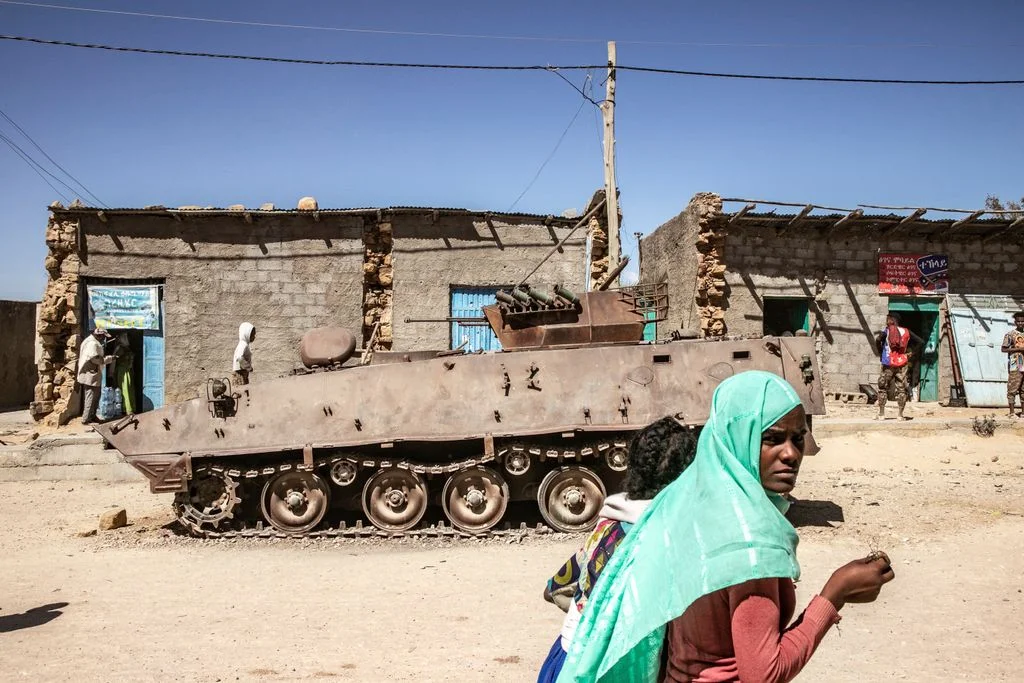Ethiopia’s Prime Minister Abiy Ahmed once enjoyed international praise for his efforts to bring peace and democratic reforms to the country. He was awarded the Nobel Peace Prize in 2019 for his role in ending the long-standing conflict with Eritrea. However, fast forward to 2024, and Ethiopia finds itself engulfed in internal strife, with ethnic violence, a brutal civil war in the Tigray region, and widespread humanitarian crises threatening to unravel the country’s fragile peace.
Abiy Ahmed’s government is facing an unprecedented challenge: how to hold together a nation deeply divided along ethnic lines. The war in Tigray, which erupted in 2020, has caused untold devastation, with tens of thousands killed, millions displaced, and reports of human rights atrocities from both sides. While a fragile ceasefire has been declared, the wounds from this conflict run deep, and trust in Abiy’s leadership has eroded both domestically and internationally.
The Ethiopian government’s inability to maintain control over its regions has further exacerbated ethnic tensions. Ethnic-based militias have sprung up in other parts of the country, particularly in the Oromia and Amhara regions, leading to fears that Ethiopia could descend into a full-scale civil war. The central government’s grip on power is weakening, and without a comprehensive peace process that addresses the root causes of ethnic strife, Ethiopia’s territorial integrity could be at risk.
The international community, which once saw Abiy as a beacon of hope for democracy in Africa, is now grappling with how to engage with Ethiopia. Sanctions, arms embargoes, and diplomatic pressure have been applied, but the path forward is uncertain. Ethiopia’s stability is critical not only for its citizens but also for the broader Horn of Africa, where regional instability could have far-reaching consequences.
Conclusion:
Ethiopia’s future is precarious. Abiy Ahmed’s government must work towards genuine reconciliation and address the deep-seated ethnic divisions that threaten to tear the country apart. The international community will need to play a critical role in supporting peace efforts, but ultimately, Ethiopia’s fate rests in its ability to heal its internal fractures.




















